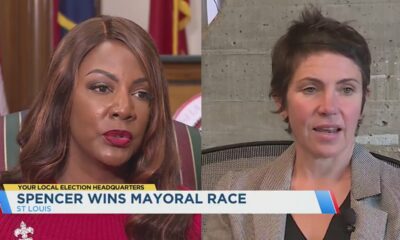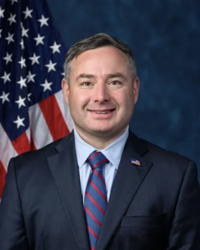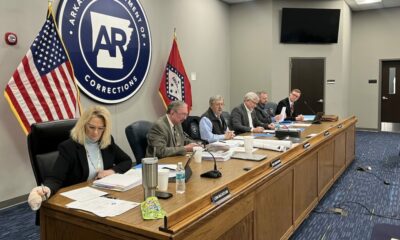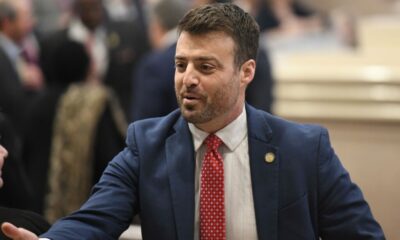(The Center Square) – As cellphone bans in schools are gaining steam in dozens of states, one lawmaker is taking it to the federal level by proposing legislation leading to cellphone-free schools.
Freshman Virginia Democratic Rep. Eugene Vindman has introduced the UNPLUGGED Act, which the lawmaker describes as the “first step in restoring quality education” by removing cellphones from classrooms.
Rep. Eugene Vindman, D-Va.
The movement to ban the technology from classrooms has gained bipartisan popularity by several state lawmakers. State leaders on opposite sides of the political, ideological spectrums appear to have found common ground, saying phones in the classroom are distractions and contribute to mental health issues.
Vindman recently hosted a roundtable discussion in Fredericksburg, Va., bringing together parents, educators and elected officials as a sounding board regarding the issue.
If approved, the legislation would “require state educational agencies to implement policies prohibiting the use or possession” of students’ cellphones in public schools “during school hours, and for other purposes.”
The legislation could mirror similar policies adopted by several states, including Virginia, led by an executive order issued by Republican Gov. Glenn Youngkin that directed the Department of Education to develop policies and procedures to establish “age-appropriate restriction or elimination” of cellphone use in school.
Vindman cited “stagnant” education performance and mental health in his decision to author the legislation while touting Virginia’s success in removing the technology from classrooms.
“Restoring a quality education across our country through phone-free classrooms,” said Vindman. “I know how hard it can be to unplug – but the results I’ve heard from local Virginia leaders and students speak for themselves. Across the 7th District, school communities are seeing real benefits from keeping phones out of the classroom: more conversation between students, less social anxiety, longer attention spans, and even higher attendance.”
Vindman says his legislation is supported by Jonathan Haidt, a leading social psychologist who specializes in cellphones in the classroom.
“No other policy change would confer as big and as rapid a benefit to American schools as freeing students from the constant distractions of the buzzing phones in their pockets,” said Haidt, author of “The Anxious Generation.” “To support kids’ mental health, educational success, and ability to pay attention – all schools in America should go bell-to-bell phone free. Schools that go phone free almost always report increased student engagement, decreased disciplinary problems, and, most touchingly, teachers say that they hear laughter in the hallways again.”
In February, Sens. Tim Kaine, D-Va. and Tom Cotton, R-Ark., introduced the Focus on Learning Act, which would require the U.S. surgeon general to complete a study on the effects of cellphone or smartphone usage on students in K-12 classrooms, specifically looking at the impacts on mental health, educational outcomes and academic performance.
To date, nine states have statewide bans or restrictions on cell or smartphone usage in schools. Several other states have proposed statewide legislation to ban the device or review education department policy recommendations or pilot programs.







































